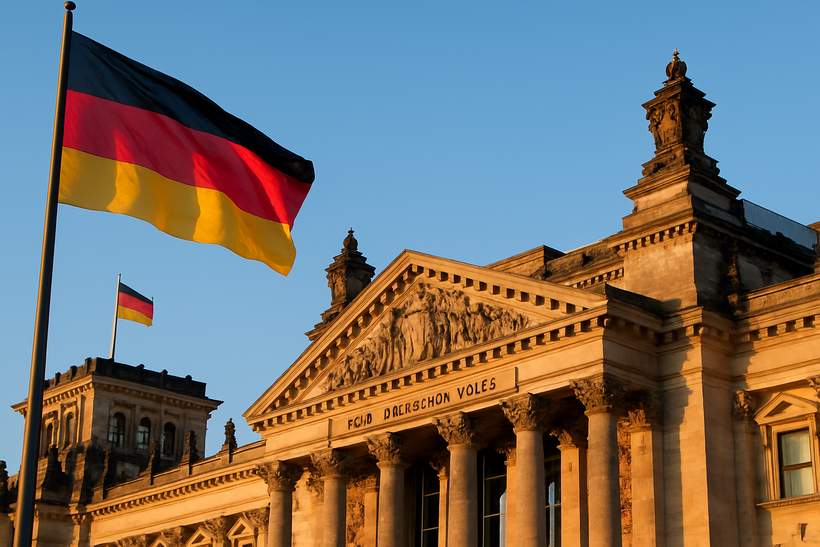German Ministers Advocate for Urgent Gaming Reforms and Expanded Powers for GGL

German Lawmakers Push for Immediate Gambling Sector Reforms
German legislators are calling for swift changes to gambling regulations amid ongoing challenges posed by illegal operators thriving in the black market. These unregulated activities continue to erode the effectiveness of the official gaming industry, prompting government officials to seek effective solutions.
Urgency Expressed by Interior Ministers for Legal Changes
At a recent meeting, Germany’s interior ministers examined the current state of the gambling industry and stressed the necessity for prompt legislative reforms. Although a comprehensive review of the market is planned for completion by December 31, 2026, officials emphasized that immediate action is crucial to address prevailing issues.
A central topic was the implementation of IP blocking—a regulatory tool that allows internet providers to restrict access to specific online platforms. This strategy aims to protect the regulated sector by preventing access to illegal gambling sites often based overseas.
By employing both comprehensive and selective IP blocks, regulators hope to effectively curb unauthorized gambling operations and steer players towards licensed services.
The Role of IP Blocking in Safeguarding the Legal Market
The concept of IP blocking has been considered by German officials before, but legal challenges have hindered its adoption. In 2023, the German gambling regulator’s attempt to block a site named Lottoland was overturned by both lower courts and the Federal Administrative Court, which ruled that existing treaties do not support such restrictions.
This judicial opposition represents a significant obstacle for the regulator, known as the GGL, which argues that enhancing its enforcement capabilities is vital to combating illicit gambling effectively.
The current reform proposals include provisions to grant the GGL the power to block sites; however, ministers agreed these blocks should not extend to online advertisements to avoid disproportionate penalties for minor infractions.
Officials are now seeking public input on implementing IP blocking measures that balance enforcement with fairness and minimize unintended consequences.
Expanding GGL’s Authority and Encouraging International Cooperation
Beyond IP blocking, there is a push to broaden the GGL’s supervisory powers. Proposed changes would authorize the regulator to request information from other regulatory agencies, particularly when assessing whether international companies qualify to receive gambling licenses.
Additionally, interior ministers support integrating the GGL into a wider network of global gambling regulators to facilitate information sharing and strengthen oversight capabilities.